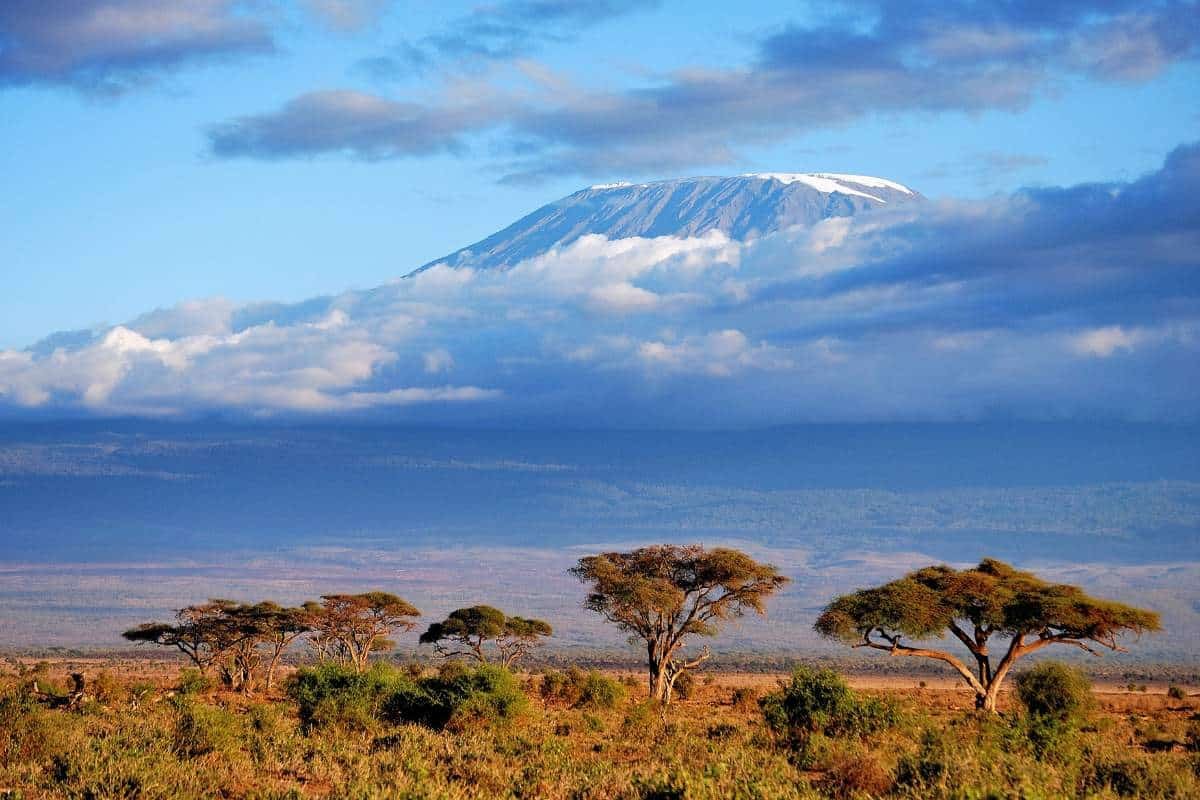|
Getting your Trinity Audio player ready...
|
Africa, a continent of immense diversity and untold stories, is a treasure trove of surprises waiting to be uncovered. From the number of countries to their varied landscapes, languages, and cultural richness, let’s embark on a journey to explore the astonishing facts about Africa.

54 Countries in Africa
The first fact about Africa is that it proudly boasts 54 countries, surpassing even Asia, the largest continent. Each nation contributes to the continent’s unique identity, from Algeria to Zimbabwe, reflecting a diverse array of cultures, languages, and traditions.
Leading Web Design Companies in Africa
In the realm of digital innovation, Africa proudly boasts the best companies. These companies provide online services, including website design, email hosting, domain name registration, website hosting, and logo design.
Africa’s 30 Million Square Kilometers
Spanning North, East, Central, Southern, and West Africa, the continent covers 30 million square kilometers, representing over 20% of the world’s land. This vast expanse encompasses varied climates, ecosystems, and breathtaking landscapes.
Arabic is the Most Widely Spoken Language
Surprisingly, Arabic takes the lead as the most spoken language in Africa, with 170 million speakers. English, Swahili, French, Berber, Hausa, and Portuguese follow suit, contributing to the linguistic tapestry that spans over 2,000 recognized languages.
Africa has over 2,000 Recognized Languages
Africa is a linguistic treasure trove, hosting over 2,000 recognized languages. From Afro-Asiatic to Nilo-Saharan and Niger-Saharan languages, the continent’s linguistic diversity is a testament to its rich cultural heritage.
Africa has a warm climate.
As the hottest continent, Africa’s climate is a defining feature. The Sahara, the world’s largest desert, experiences temperatures exceeding 100°F, while Ifrane, Morocco, records the coldest temperature in Africa at -11°F, showcasing the continent’s climatic extremes.
Africa’s 10,000 Pre-Colonial States
Before colonial rule, Africa comprised 10,000 distinct states and autonomous groups, each with its own language and customs. This fragmented past contributes to the continent’s linguistic diversity and varied cultural landscapes.
Malaria’s Grim Presence: 90% of Cases Occur in Africa
Malaria, a deadly disease, casts a significant shadow over Africa, with 90% of global cases occurring on the continent. Efforts to combat this disease are crucial, as it claims thousands of lives daily, particularly affecting children.
Giant Amphibians: Africa’s Goliath Frog
The Goliath Frog, Africa’s largest frog species, reaches up to a foot in length and can weigh over 8 pounds. Found in Equatorial Guinea and Cameroon, this remarkable creature highlights the continent’s unique biodiversity.
Gold’s Abundance
Africa’s Witwatersrand, particularly in South Africa, has contributed nearly half of the world’s gold production. With abundant resources, the continent plays a pivotal role in the global mining landscape.
Kilimanjaro’s Summit
Mount Kilimanjaro in Tanzania stands as Africa’s highest point, soaring to 19,340 feet above sea level. A challenge for climbers, it offers a unique perspective on Africa’s diverse landscapes and natural wonders.
El Azizia’s Record as the Hottest Place
El Azizia in Libya, once recorded as the hottest place on Earth, faced scrutiny, but its extreme temperatures remain noteworthy. While recent findings dethroned it, El Azizia still symbolizes Africa’s scorching climate.
Aquatic Biodiversity: Lake Malawi’s 500 Fish Species
Lake Malawi stands as a haven for aquatic biodiversity, hosting around 500 fish species—the highest concentration in any lake globally. This natural wonder adds a vibrant dimension to Africa’s ecological tapestry.
Wildlife Marvels: African Elephants and Goliath Frogs
Home to the largest land mammals, African elephants, weighing over six tons, roam the savannas. In contrast, Equatorial Guinea and Cameroon host the world’s biggest frog species, the Goliath Frog, showcasing the continent’s diverse fauna.
Ganvié’s Floating Villages
Ganvié, a village in Benin, challenges conventional living with houses built on stilts, floating on Lake Nokoué. This extraordinary adaptation reflects the resilience and resourcefulness of Africa’s inhabitants.
Environmental Challenges: Deforestation Concerns
Despite its natural beauty, Africa faces environmental challenges, with deforestation rates double the global average. The alarming loss of four million hectares of forest annually demands attention and sustainable solutions.
Final Thoughts
In conclusion, Africa’s multifaceted nature transcends stereotypes, offering a complex narrative shaped by its history, culture, and environmental diversity. These surprising facts about Africa unveil the continent’s richness, inviting exploration and appreciation for its unparalleled uniqueness.